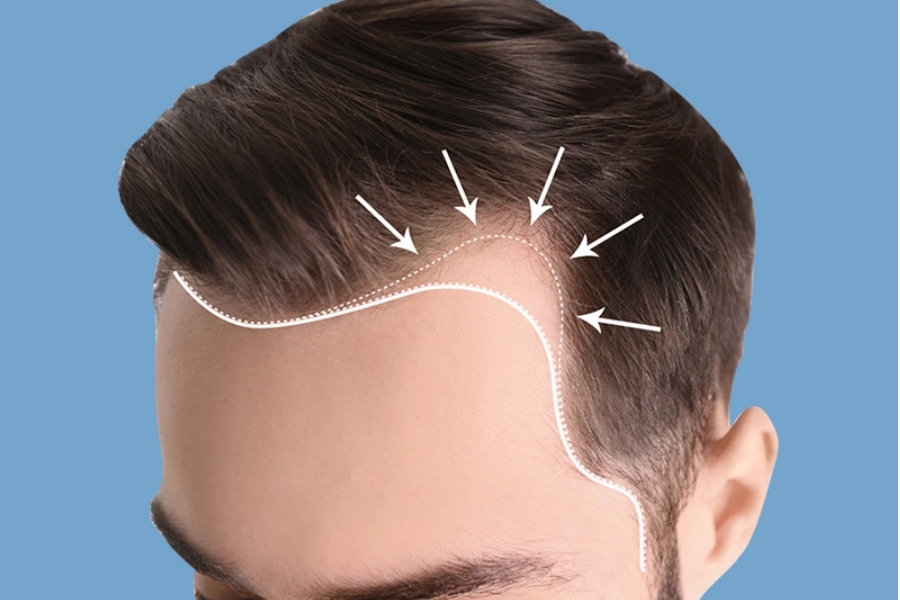Weight Management: Eating a balanced diet with the right amount of calories helps maintain healthy body weight. This can help prevent obesity and its associated risks such as type 2 diabetes, heart disease, and stroke.
Reduction in Disease Risk: Eating nutrient-dense foods such as fruits, vegetables, whole grains, legumes, and lean proteins may reduce the risk of developing chronic diseases like cancer and cardiovascular disease.

Improved Mental Health: Eating a nutritious diet can help improve mental health by decreasing stress levels and increasing energy levels. It can also help support brain function by providing essential vitamins and minerals needed for proper brain development.
Increased Energy Levels: A nutritious diet provides essential nutrients that aid in energy production in the body. This helps provide more energy throughout the day which can lead to improved performance at work or school as well as during physical activities.
Improved Digestive Health: Eating plenty of fiber-rich foods such as fruits, vegetables, legumes, nuts, and seeds helps keep digestion regular while promoting gut health which is linked to overall well-being.
Overall Wellbeing: A well-balanced diet that includes all food groups ensures your body gets all the necessary nutrients to stay fit and healthy. It will also make you feel better overall due to increased energy levels, improved mental health, reduced stress, etc.
Making healthier food choices is an important step towards living a healthier lifestyle. With these benefits in mind, it’s easy to see how eating nutritiously could benefit your overall well-being. So start making small changes today!



